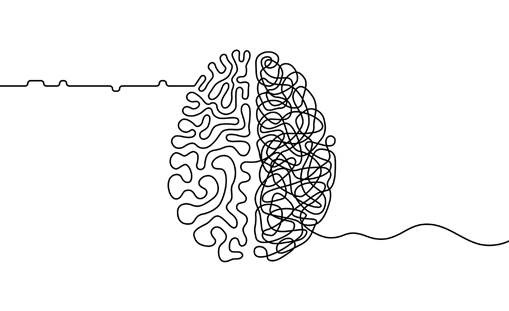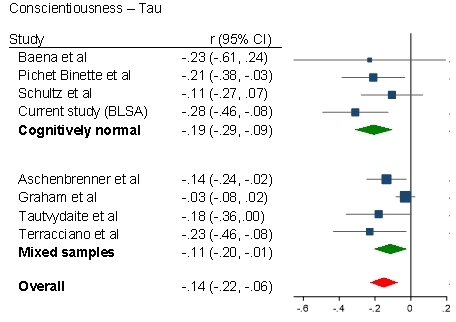This episode’s guests were Nick Turiano, Damaris Aschwanden, and Yannick Stephan, three experts in personality and health psychology, who talked with Rebekka Weidmann about the importance of considering personality when predicting important health outcomes across the life span.
“Anxiety and depression are comorbid with Parkinson’s disease,” said Antonio Terracciano, a geriatrics professor who led the study. “Many people with Parkinson’s tend to be anxious or tend to get depressed. Part of that could be due to the disease and how it alters the brain and can have an influence on emotions. Part could be a psychological reaction of having a diagnosis of the disease.”
Personality has a role to play in lifespan as well, experts say. For example, conscientious people — meaning individuals who are more likely to be organized, responsible, and disciplined — tend to live longer, says Angelina Sutin, a professor in the behavioral sciences and social medicine department at Florida State University.
“Memories help people to sustain their well-being, social connections and cognitive health,” says co-author Antonio Terracciano, who is a professor in the College of Medicine, in the press release. “This research gives us more insight into the connections between a sense of purpose and the richness of personal memories. The vividness of those memories and how they fit into a coherent narrative may be one pathway through which purpose leads to these better outcomes.”
Dr. Antonio Terracciano, a professor in the Department of Geriatrics at Florida State University, said: “There are aspects of neuroticism and conscientiousness that might directly impact the risk of dementia.
“Traits like neuroticism shape our emotional life, the way we cope with stress and deal with our feelings. Conscientiousness is defined by our level of grit, persistence, and planful attitudes.”
Antonio Terracciano, associate professor in the College of Medicine, received a Fulbright U.S. Scholar grant to conduct research at the University of Jyväskylä in Finland starting January 2021.
Terracciano will study how personality is related to physical and cognitive function. His team will examine data from a Finnish clinical trial that tested the efficacy of physical and cognitive training programs to improve mobility and executive function among older adults. Terracciano also will teach a graduate class on personality and health across the lifespan and cultures.
Antonio Terracciano, Ph.D., a professor in the Department of Geriatrics at Florida State University, explains what is new about this study:
“We have done studies showing who’s at risk of developing dementia, but those other studies were looking at the clinical diagnosis. Here, we are looking at the neuropathology; that is, the lesions in the brain that tell us about the underlying pathological change.”







